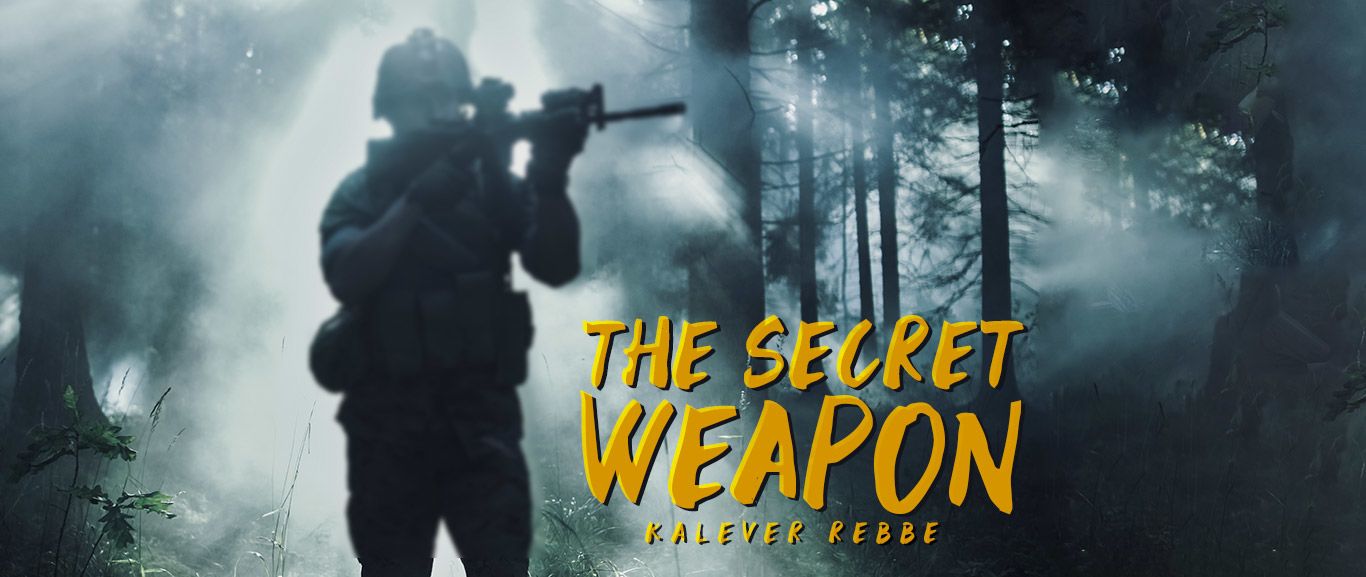
The Secret Weapon
Sukkot and Simchat Torah prepared us to fight our inner spiritual battles with confidence of success. The Kalever Rebbe shows us our secret weapon ...

A War of Confidence
Napoleon’s military successes confounded his contemporaries. He was able to win battles even when he was outmatched and outnumbered. At one point, a few countries gathered their military leaders together to try and unlock the secret of Napoleon’s victories.
After extensive research, they concluded that the secret behind Napoleon’s success was, that in each encampment there were comedians and musical bands, whose entire purpose was to uplift the French soldiers’ spirits and to inspire them; to make them believe that they would be victorious and glorified on the battlefield and receive a hero’s welcome when they returned home.
Napoleon’s army went to war inspired and confident in their ability to defeat any army that opposed them. The other soldiers were insecure, nervous, and scared. They weren’t confident. At the first signs of defeat, they would flee the battlefield in retreat.
The confidence of Napoleon’s soldiers enabled them to conquer enemies that were better equipped with more effective weaponry and had more troops.
Our War
We can apply this same concept to the struggle the yidden have with their Yetzer Harah, the eternal enemy who is constantly waging war against the yidden, trying to prevent them from serving Hashem through His Torah and mitzvot. We need to stand on the battlefield and oppose our Yetzer Harah with passion, clarity, and complete confidence that Hashem will grant us victory. We need to know that we can defeat the enemy.
Hashem grants every yid tremendous strength, talent, and ability. However, most people only utilize a small portion of what they have been given. They don’t even know how potent and powerful their strengths are. We hear stories of people who, when faced with dangerous situations or tremendous challenges, find a physical strength they were completely unaware of; their adrenaline unleashes a power that was dormant deep inside themselves.
Training for War
This lesson can be learned by observing soldiers who, over time and with extensive training, are stronger than the average person. I personally saw this when I was invited to meet with soldiers at a training base. The sun was blistering hot, and this base was located in the dry, desolate mountains. The soldiers, while wearing all of their heavy gear, were forced to lie on the ground for hours at a time, to train them to endure the elements in any situation, to build up the strength to withstand the physical challenges they might face on the battlefields. Their training prepares them for war by teaching them to access the strengths and abilities that are within themselves.
This can be applied to Avodat Hashem (service of Hashem), to learning Torah and performing mitzvot, on which the eternal life of man depends. A person must train himself to focus all his power on fulfilling Hashem’s Will, to find his inner strength to endure and to have the confidence that he can be victorious against the Yetzer Harah.
There are no excuses. A person cannot give up and think that victory is beyond his reach. Hashem doesn’t torment His creation by placing them in situations where they cannot succeed. In fact, a challenge is indicative that you can overcome it. Hashem gives every yid the strength to fulfill the Torah and mitzvot which are commanded to every Jew. The power, that ability, is embedded deep inside yourself. You need to believe in that and in yourself.
Speculators
R’ Simcha Bunim of Peshischa, zt”l taught, that there are two types of people who search for precious stones, and there is a tremendous difference between them:
On one hand, there is a speculator who tries his luck searching in random places that were not known for having these gems. After being unsuccessful for a certain amount of time, he will give up and move on to a new place.
On the other hand, there is a type of speculator who carefully selects where he will dig. He chooses a place known for its clear potential. Even if his efforts don’t yield results, he remains committed to the land because he knows, buried deep in the ground, are those precious stones. He just needs to keep searching, to continue trying to uncover them.
R’ Bunim explained that this is the meaning of the pasuk in Mishlei (2:4-5), If you seek it like silver and hunt for it like treasures, then you will understand the fear of the Lord, and you will find the knowledge of God. The Midrash Tanchuma (Vayeishev 1) explains that this is analogous to a person who loses a gem. What does he do? He searches and digs until he finds what he has lost. This, said R’ Bunim, is what it means to “hunt for it like treasures. If a Jew knows that the precious Torah and mitzvot are buried where he stands, he will not despair even if he cannot find them immediately. He will dig and search within himself until he reveals his incredible strengths and abilities to fulfill the mitzvot and learn Torah.
Great People
There are stories of many tzadikim who seemed to struggle to learn in their youth, but who, through perseverance and endurance, managed to achieve incredible heights.
The Klausenberger Rebbe, zt”l, once related to me, that when he was a child, he struggled to sit and learn Torah. The Yetzer Harah placed many stumbling blocks in his way. However, through determination and effort he was able to overcome these difficulties and find tremendous success and joy through his Torah learning.
According to that, the Rebbe was also constantly inspiring and encouraging his students to aspire to achieve more, to help them believe that they were capable of greater heights. The Rebbe instilled confidence in each student.
While I was in his yeshiva during an exam with the Rebbe, he was nervous that I would become complacent and not apply myself fully. To inspire me to work harder and utilize all my potential, the Rebbe told me that I needed to aspire to learn more than 13 hours a day.
The Rebbe would often relate a story of the Vilna Gaon, zt”l. One time, the Gaon heard a child say, “Look! It’s the Vilna Gaon!” The Gaon turned to the boy and said, “You too can be a Villner Gaon (Vill-Ner is Yiddish for “just want “) – if you just want to be a Gaon!”
You need to apply the lessons learned from Napoleon’s army to your war against the Yetzer Harah. You need to be confident in yourself and to realize that you can be victorious even when your enemy, the Yetzer Harah, seems more powerful and better equipped. Even when you feel outnumbered, you must believe that Hashem has implanted the tools for your success in your neshama. You have the tools to overcome this challenge. You just need to unleash your potential. As the Zohar (Volume II, 162b) taught that everything in the world depends on the will of the heart.
Sukkot and True Simcha
Sukkot is a time of rejoicing, zman simchateinu, specifically because we take the lulav and etrog.
The lulav is compared to a weapon you take out to battle. It reminds you that we have in our hands the weapons to wage the war against the Yetzer Harah. As it says in the Gemara (Succah 38a) that the lulav is like an arrow in the eye of the Satan.
The etrog is compared to the heart (Vayikra Rabba 30:14). You take the lulav, the arsenal against the Yetzer Harah, and you hold it close to the etrog, the heart, to show, that while you have the weapon in your hands, you must have the confidence in your heart that you will succeed.
Therefore, the Midrash (Vayikra Rabba 30:2) said, “When the Jews would go out with their lulavs and etrogs, they knew that they would be victorious.” When you know your strength and when you are confident in your ability to defeat the Satan and his emissaries, you will certainly be able to overcome the challenges, be victorious in the battles, and have a true simcha that can only be found in a life of Torah and mitzvot.
***
The Kalever Rebbe is the seventh Rebbe of the Kaalov Chasidic dynasty, begun by his ancestor who was born to his previously childless parents after receiving a blessing from the Baal Shem Tov zy”a, and later learned under the Maggid of Mezeritch zt”l. The Rebbe has been involved in outreach for more than 30 years, and writes weekly emails on understanding current issues through the Torah. Sign up at www.kaalov.org.



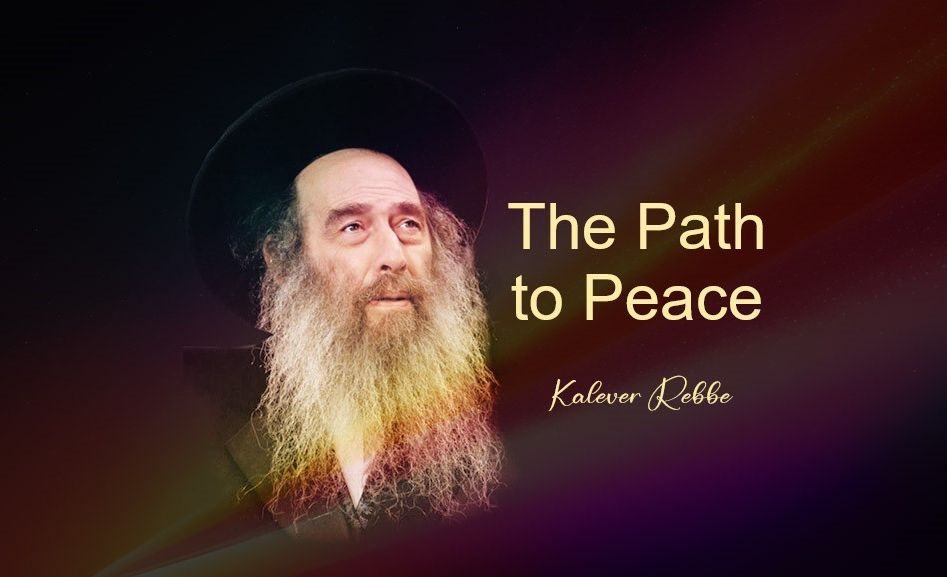

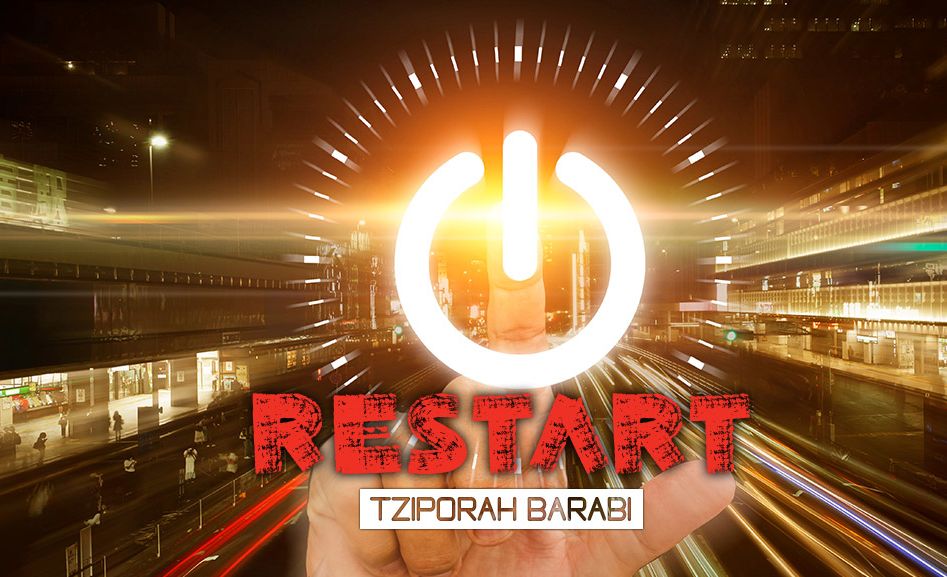

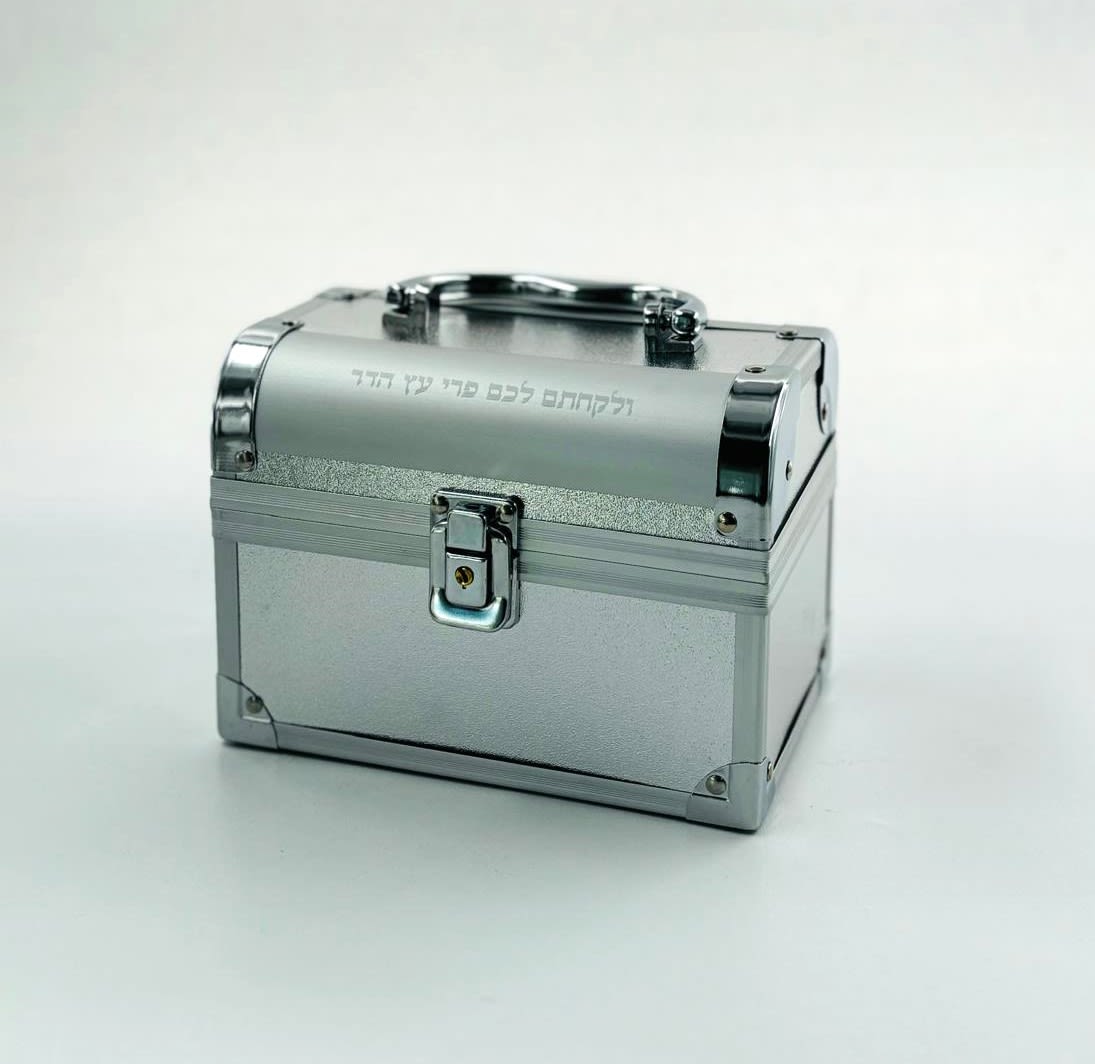

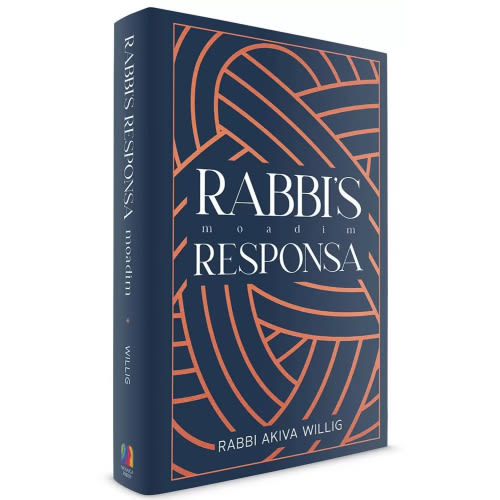
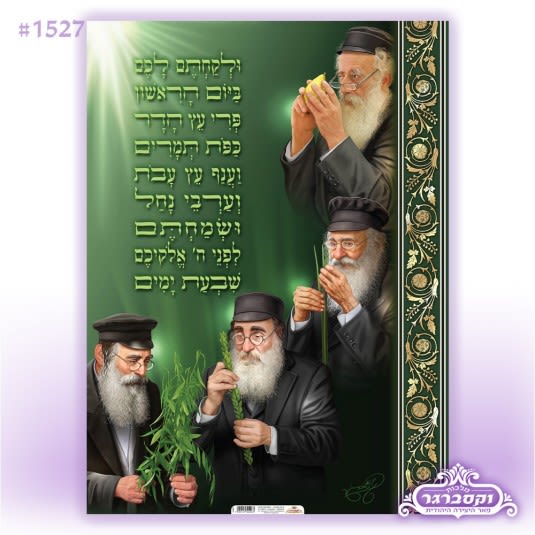

Tell us what you think!
Thank you for your comment!
It will be published after approval by the Editor.